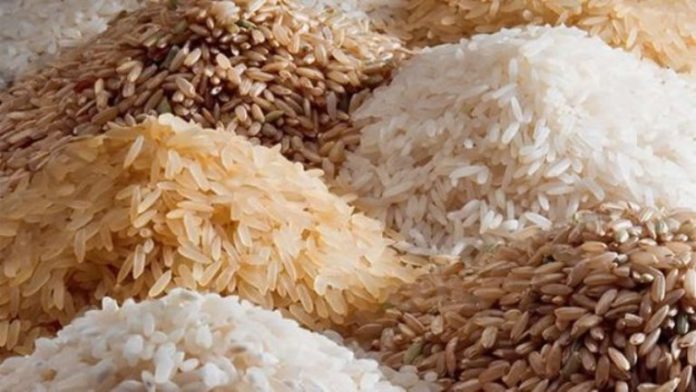Should you or should you not wash your rice before cooking it?
Rice is a versatile grain consumed globally, available in various types like white, brown, basmati, and jasmine.
Traditionally, people have rinsed rice to remove excess starch, dirt, or potential contaminants. The advice to rinse rice stems from the belief that it removes impurities and excess starch, leading to fluffier, less sticky rice.
However, there’s a growing perspective that washing rice might not always be necessary. Here’s everything you need to know about why you might skip this step.
When you rinse rice, especially fortified varieties, you can wash away essential nutrients like iron, folate, thiamine, and niacin.
These nutrients are added during processing to enhance the rice’s nutritional profile. By not rinsing, you ensure that you and your family get the full nutritional benefits of the rice you consume.
Most rice available in supermarkets today has undergone rigorous cleaning and processing, reducing the likelihood of it containing harmful contaminants or debris.
This means that the rice is generally safe to cook straight from the package, without the need for an additional rinse.
While rinsing rice removes excess starch, which can make the rice less sticky, there are many dishes where a slightly stickier texture is desirable. In these cases, skipping the rinse can lead to better results.
One of the more practical reasons to skip rinsing your rice is simply to save time. Preparing a meal can be a busy and rushed process, and skipping unnecessary steps can make the whole experience more efficient.
Without rinsing, you can go straight from measuring the rice to cooking it, which is especially convenient on busy weeknights.
While there are good reasons not to rinse your rice, there are still situations where you might choose to do so.
If you’re dealing with rice that has been stored for a long time or purchased in bulk, rinsing could help remove any dust or potential pests that may have gotten into the grains.
Additionally, if you prefer a fluffier texture or are cooking a dish where individual grains are important, rinsing can help achieve that result.

